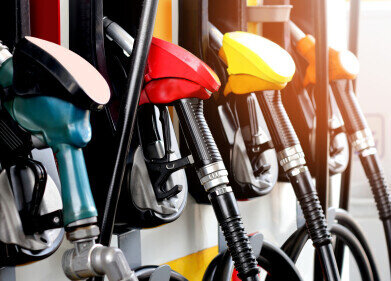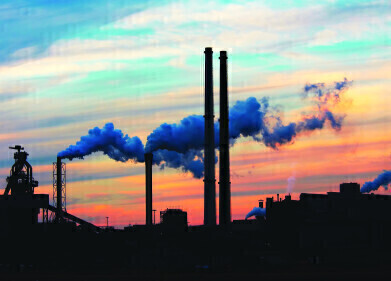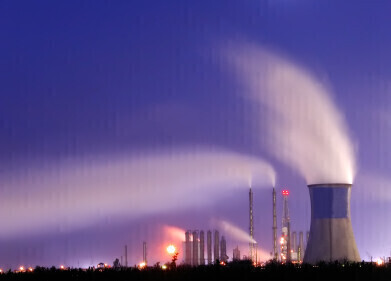Synthetic fuels
EPA sparks controversy by proposing restrictions on pyrolysis oil
Sep 29 2023
One of the prospects for circularity in the petrochemical sector is pyrolysis oil, an innovative substance enabling reduction in the use of virgin petroleum-based feedstocks. Harnessing this potential, however, requires a balancing act between technological innovation and governmental regulation that can either delay or facilitate this shift towards a more sustainable future. Pyrolysis, the science of decomposing substances at elevated temperatures in the absence of oxygen, has roots tracing back centuries but is currently going through a sort of renaissance as it holds the promise of turning plastic waste into synthetic gases, oils, and char residue, pioneering advancements in recycling methods.
Having decided that previous regulations for pyrolysis oils that fell under emissions standards were inadequate, the EPA has been toying with new statutes for pyrolysis oil components, attracting opposition from entities like the American Fuel & Petrochemical Manufacturers (AFPM). As the measures will potentially limit the use of the oils as feedstock for plastics, AFPM posit that restrictive propositions could hinder the United States’ progress in plastic circularity, leaving it trailing behind the international advancements in the sector. The accelerating plastic waste production, expected to triple by 2060, underscores the urgency to innovate and adopt advanced recycling techniques. The increasing dependency on plastics, juxtaposed with the mere 9% recycling rate, accentuates the environmental crisis and the necessity for innovations like pyrolysis. This comes at a time when governmental and industrial entities are considering alternative approaches, such as chemical recycling, to manage plastic waste.
However, these innovative recycling proposals are met with scepticism from environmentalists and some governmental sectors, arguing the potential detrimental environmental and health impacts of easing regulations on pyrolysis and gasification. In particular, although it is known that pyrolysis oils can contain significant levels of contaminants like metals, sulphur and chlorides, this contamination remains largely invisible to the American regulation regime. The EPA’s proposed rules aim to scrutinize chemicals made from plastic waste-derived feedstocks for unsafe contaminants before they are used for producing transportation fuels. Environmental advocates and community groups welcome the stringent regulations, viewing them as shields against the potential adverse impacts of chemical recycling expansion. The steadfastness on incineration regulation by the EPA provides legal tools for communities and environmentalists to contest against recycling plants employing pyrolysis or gasification.
In the face of criticism, the chemical industry, supported by lobbying groups such as the American Chemistry Council, continues to champion advanced recycling, citing it as a pivotal move for scaling recycled material utilization in products and promoting environmental sustainability. They have been instrumental in legal frameworks in several states, distinguishing advanced recycling as manufacturing rather than waste management, paving the way for more relaxed regulatory measures. The ongoing discourse surrounding advanced recycling methods, their regulatory paradigms, and their potential environmental impacts is a reflection of the complexities inherent in transitioning to a sustainable future. The innovation in recycling technologies like pyrolysis oil brings forth hope for addressing the growing plastic crisis. However, the proposed regulatory frameworks pose questions about their potential impact on the scalability and development of these technologies.
The need for collaboration between regulatory bodies, industries, environmental groups, and communities is paramount in sculpting a future where environmental conservation and technological advancement coexist, leading the way to a sustainable and circular economy. Balancing innovative advancements with environmental conservation requires nuanced understanding and considerate implementation of regulatory frameworks to ensure a harmonious journey towards sustainability.
Digital Edition
PIN 26.1 Feb/Mar 2025
March 2025
Analytical Instrumentation - Elemental Analysis for Quality and Process Control at Refineries, for Lubricants and Wear Metals in Engine Oils - Synthetic Lubricants: New Developments - Scaling...
View all digital editions
Events
Apr 22 2025 Hammamet, Tunisia
Apr 22 2025 Kintex, South Korea
Solar & Energy Storage Summit 2025
Apr 23 2025 Denver, CO, USA
Apr 27 2025 Portland, OR, USA
Apr 29 2025 Mumbai, India



















